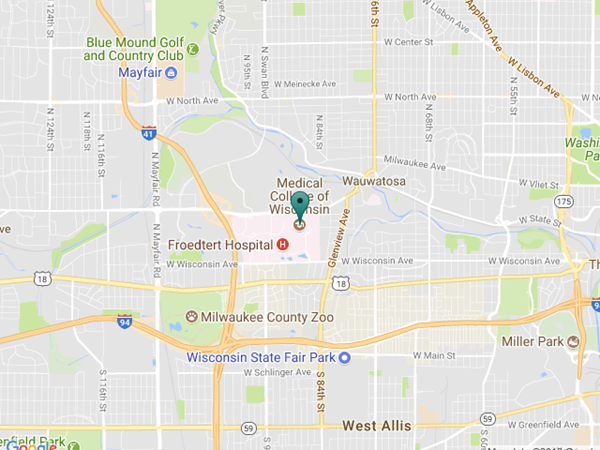Research & Advancement Program for Innovation & Discovery in Emergency Medicine (RAPID-EM) Fellowship
This SAEM-approved fellowship leverages MCW’s strong research infrastructure and internationally recognized faculty expertise to develop prospective fellows’ research aptitude through coursework, hands-on research experiences, and tailored mentorship.
Why Choose a Fellowship in Research?
The two-year Research & Advancement Program for Innovation & Discovery in Emergency Medicine (RAPID-EM) research fellowship program targets the scholarly development of emergency medicine residency-trained clinicians aspiring to careers in extramurally supported clinical and/or health sciences research.
Through a combination of didactic and experiential learning, along with dedicated mentorship, fellows will be equipped with the essential knowledge, skills, networks, and aptitude for scholarship-oriented careers.
- Cultivate a focused area of research scholarship for each fellow, ensuring that they develop a distinct academic niche.
- Equip fellows with the essential skills, knowledge, and networks necessary to navigate the complexities of a research-focused career.
- Facilitate a successful transition into an academic faculty role, providing the foundation for sustainable scholarly contributions.
Funding is provided by the Department of Emergency Medicine including salary support, CME, travel funds, and master’s degree tuition
RAPID-EM Fellowship Requirements
- Earn a Master of Science in Clinical and Translational Science at the Medical College of Wisconsin.
- Produce at least two peer-reviewed publications (one as first author).
- Submit a competitive extramural grant proposal of at least $100,000.
Fellows will have protected time for projects and professional development while working as an attending faculty in our system emergency departments with potential moonlighting opportunities available based on academic progress.
RAPID-EM Fellowship Tracks
The RAPID-EM Fellowship offers four distinct tracks, allowing fellows to tailor their training toward specialized areas of emergency medicine research and policy that align with their career interests and goals.
Track 1: Population and Community Health
This track focuses on identifying disparities in emergency medicine–related healthcare and developing interventions related to social determinants of health and community settings.
Track 2: Out-of-Hospital Research
This track concentrates on prehospital emergency care, resuscitation science, and EMS systems.
Track 3: Veteran and VA Health Systems Research
This track focuses on health services research within the Veterans Affairs (VA) system, including VA ER data extraction and analysis.
Track 4: Bioethics and Health Care Policy Research
This track examines ethical, legal, and policy issues in emergency medicine, assessing how regulation impacts patient care and exploring strategies to navigate complex systems.
RAPID-EM Fellowship Lecture and Didactic Information
RAPID-EM Fellowship Application Process
All applicants must be medical school graduates (MD or DO degree) and have completed an ACGME-accredited primary residency program. A Wisconsin medical license (full or in-training) and current DEA certification are also required prior to the start date.
Interested applicants should submit the following to _emfellowships@mcw.edu:
- Current CV
- Personal statement with Letter of Intent
- Two Letters of Recommendation – one from a program director and one that speaks to your research and scholarship background and potential
Applications are accepted from September – December. Initial interviews are virtual with the Director and Associate Director, followed by in-person interviews for the applicants who progress.
The RAPID-EM Fellowship begins on July 1.
Training Sites & Facilities
Clinical Emergency Department shifts: 24 clinical hours per week (e.g. 3 x 8-hour shifts)

Froedtert Hospital
Academic Medical Center
Level 1 Adult Trauma Center
Comprehensive Stroke, Cancer, Cardiovascular Research Center
Annual Emergency Department patient volume: 89,000
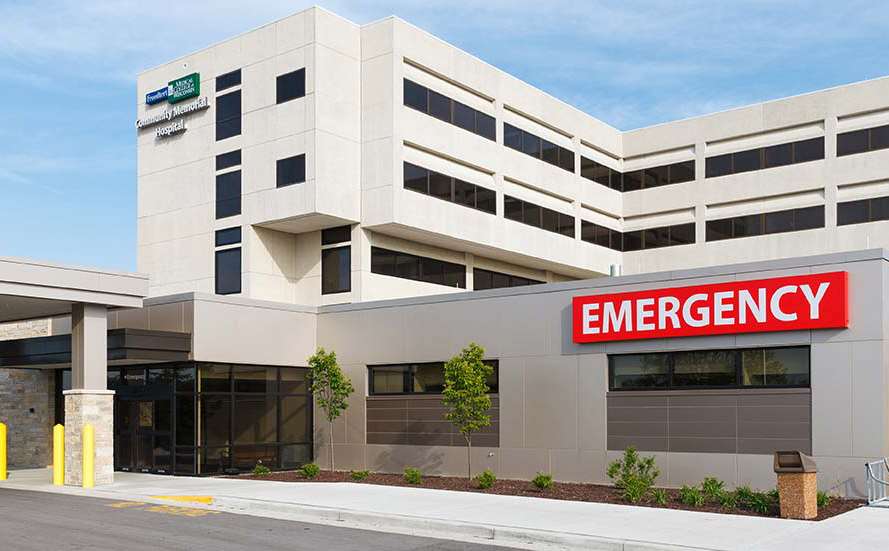
Froedtert Menomonee Falls Hospital Emergency Department
Annual Emergency Department patient volume: 33,000
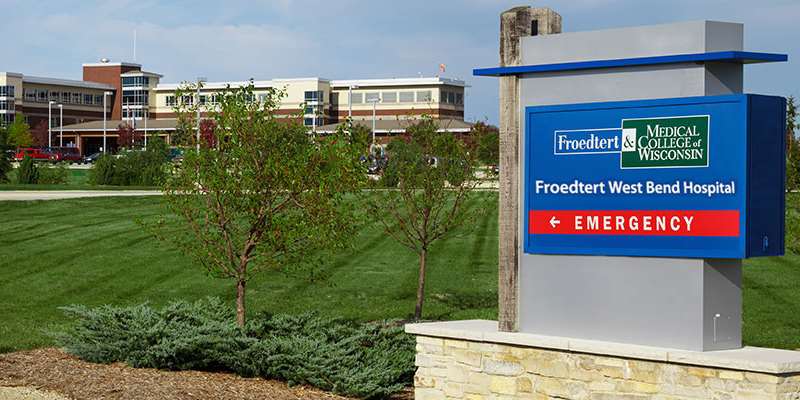
Froedtert West Bend Hospital Emergency Department
Annual Emergency Department patient volume: 23,000
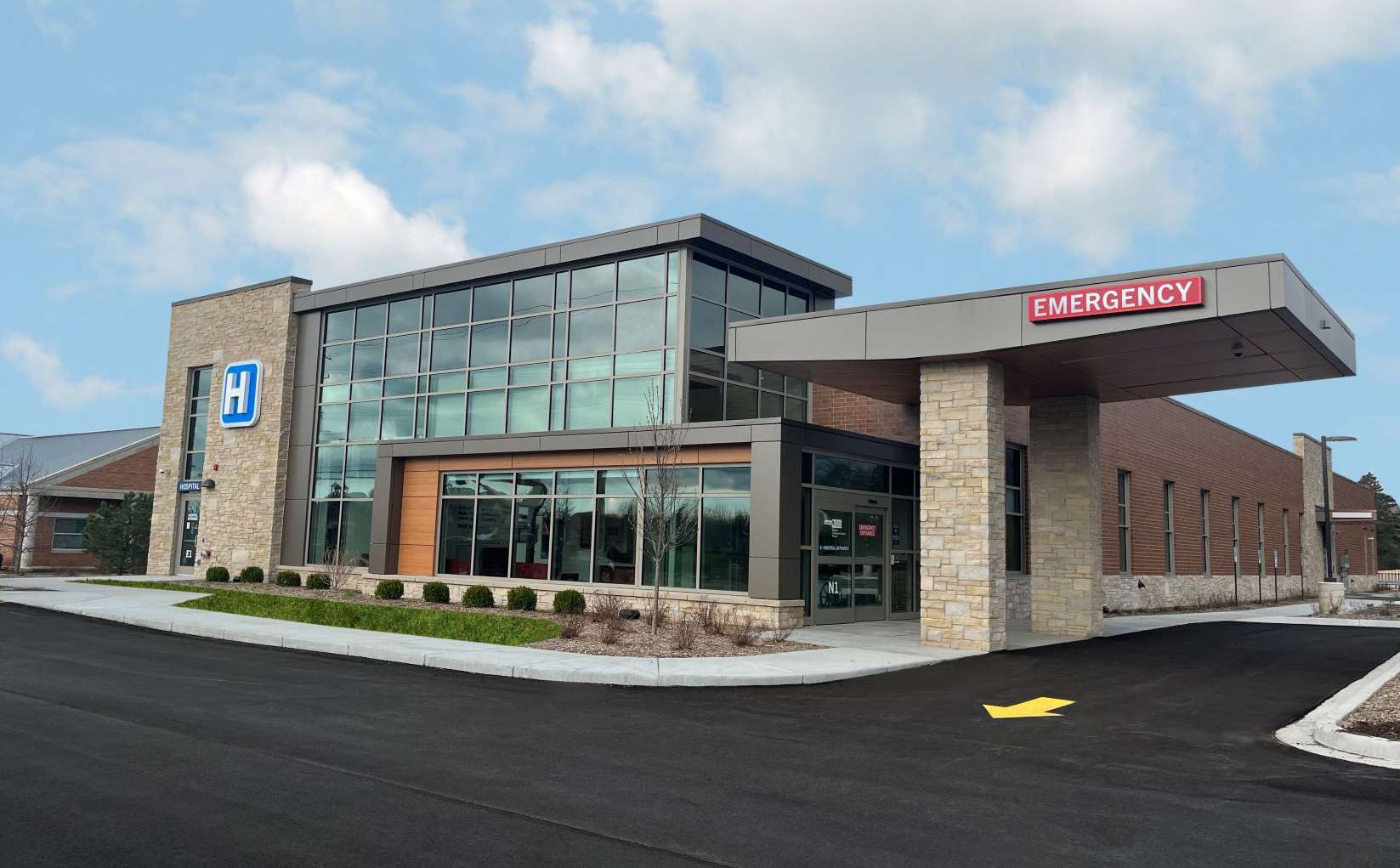
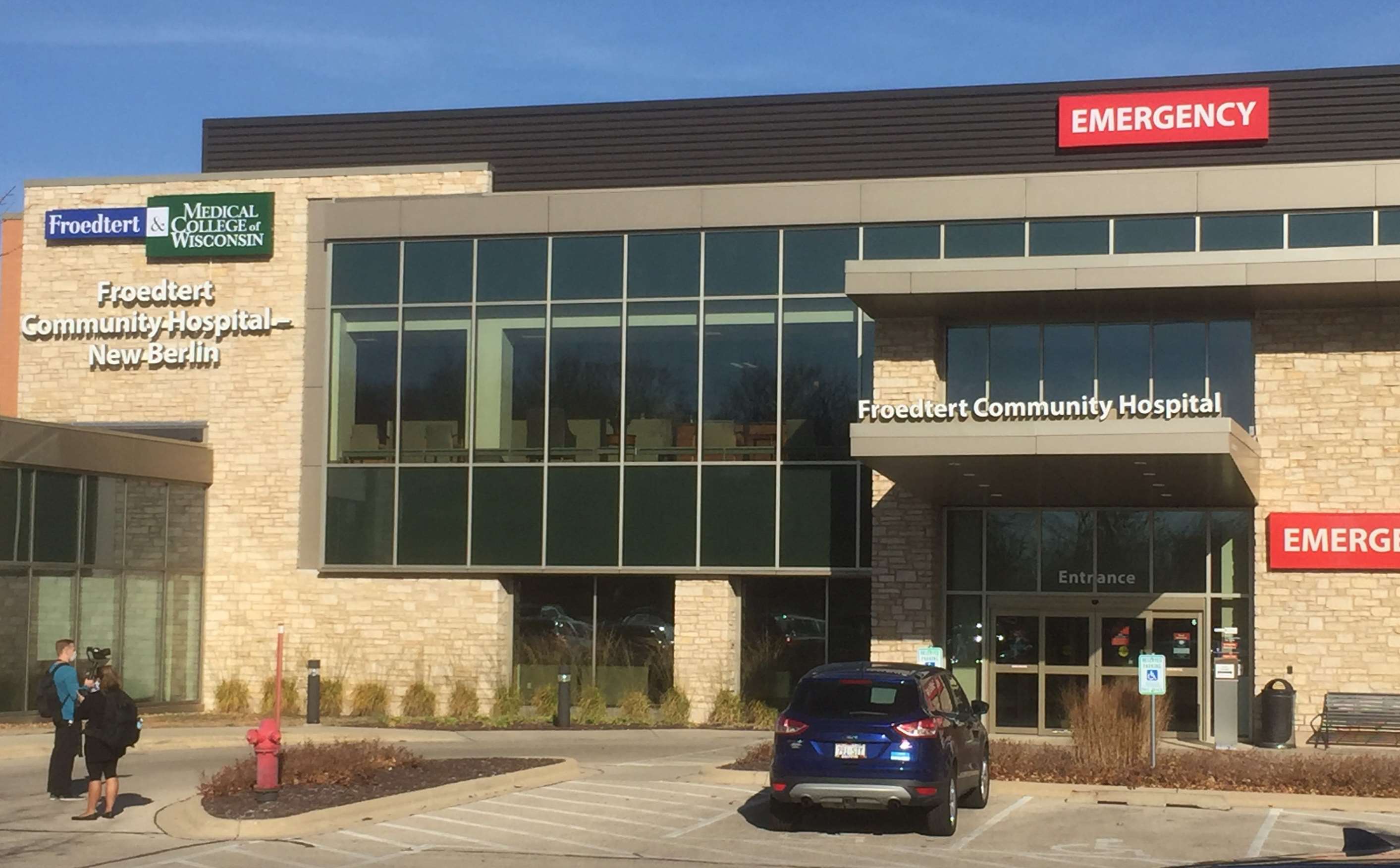
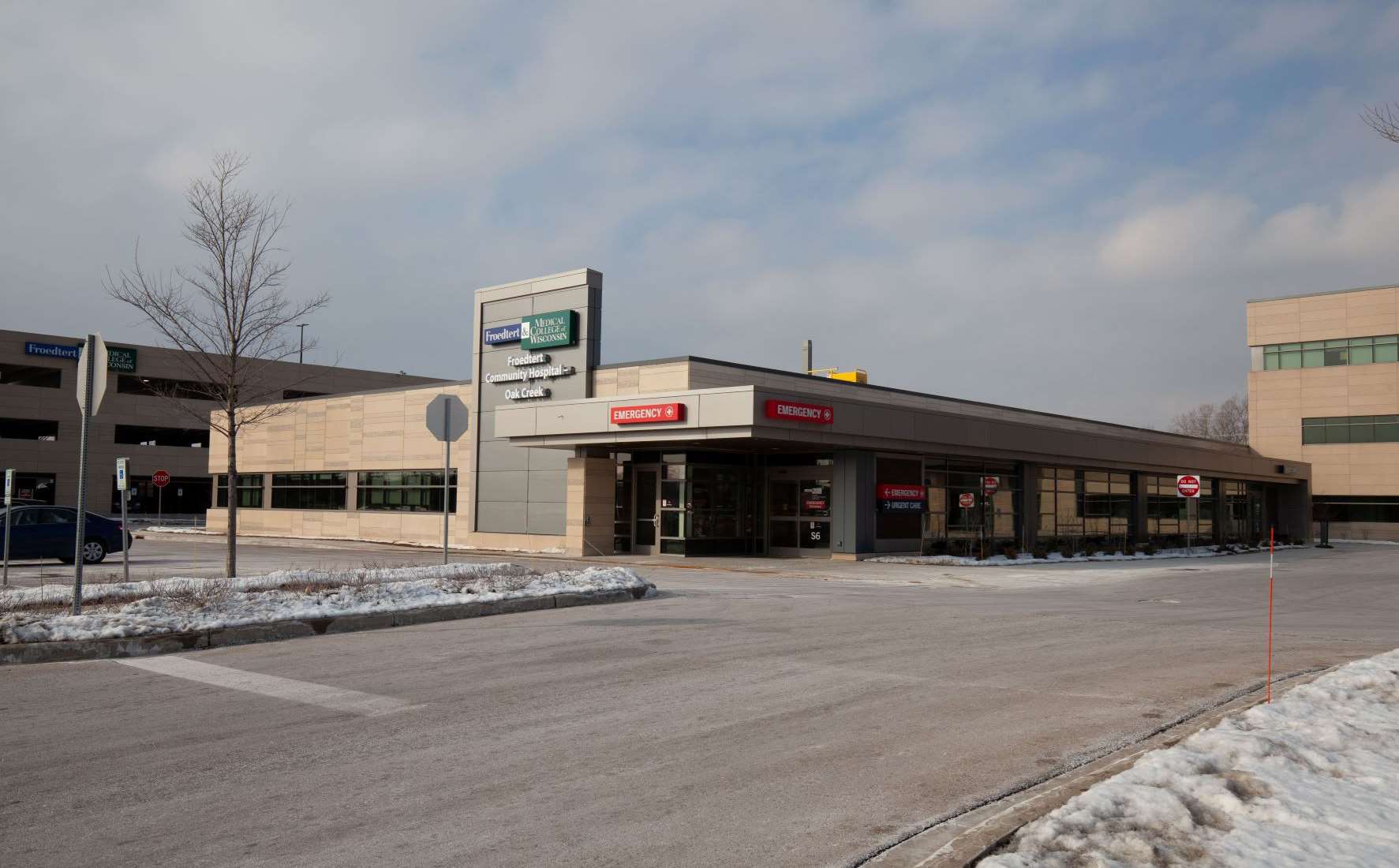
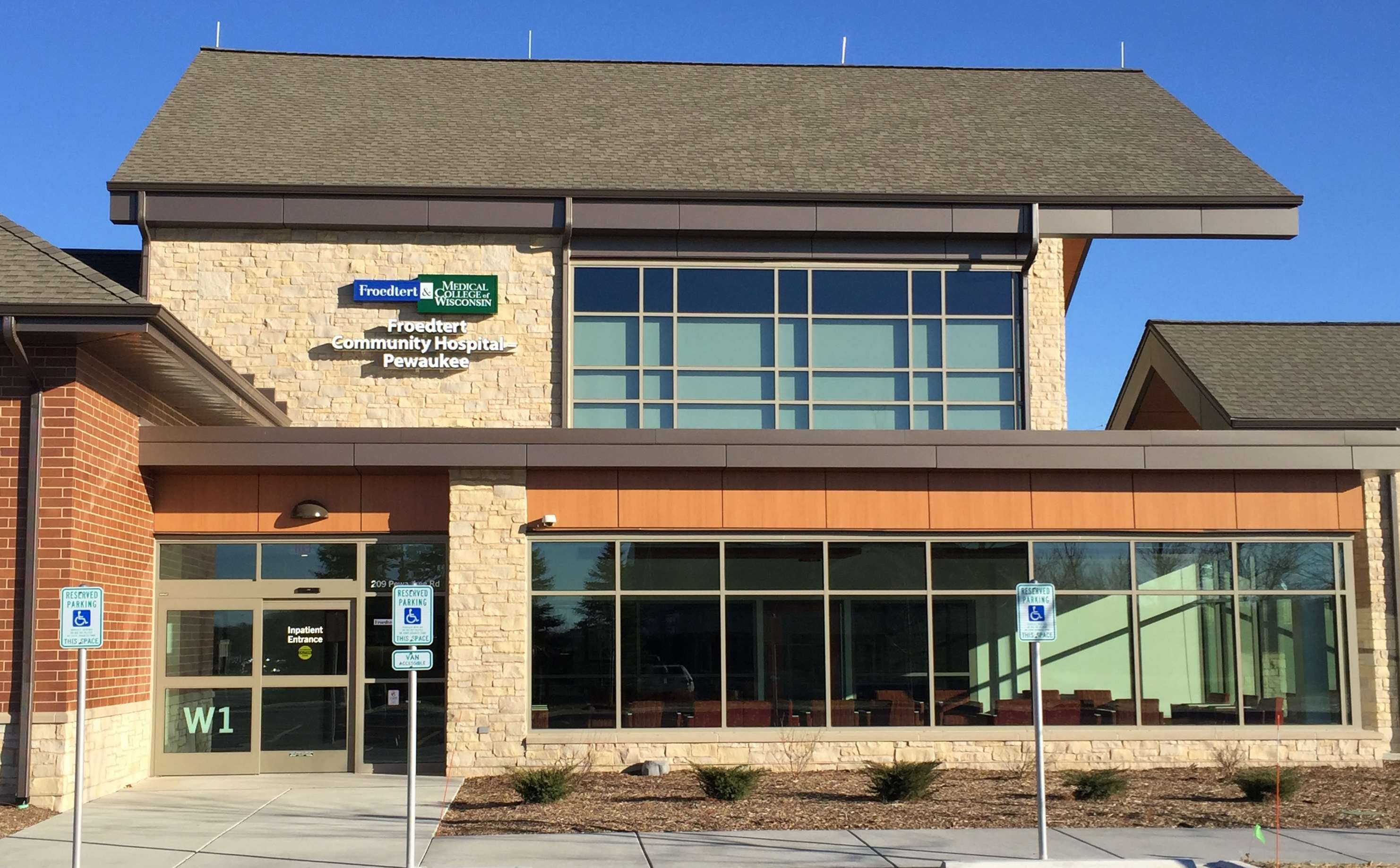
Reasons to live in Milwaukee
Meet Our Team
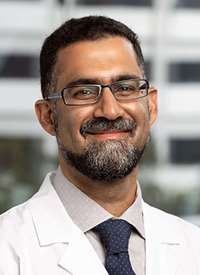
Aasim I. Padela, MD, MSc, FACEP
Professor and Vice Chair for Research and Scholarship; Director, RAPID-EM Fellowship Program

Zeno Franco, PhD
Associate Professor; Director, Research and Education, Emergency Medicine; Associate Director, RAPID-EM Fellowship Program
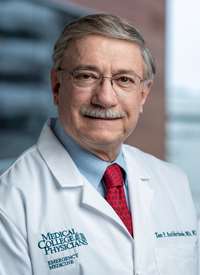
Tom P. Aufderheide, MD, MS, FACEP, FACC, FAHA
Professor; Director, Resuscitation Research Center; PCIR Director, CTSI Southeast WI
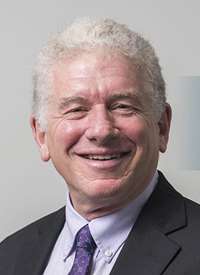
Michael Fendrich, PhD
Professor
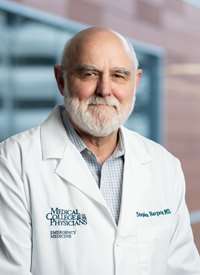
Stephen Hargarten, MD, MPH
Professor
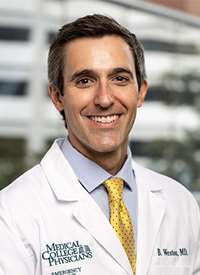
Ben Weston, MD, MPH, FAEMS
Associate Professor, Division of EMS Medicine, Department of Emergency Medicine; Chief Health Policy Advisor, Milwaukee County; Chief Medical Director, Milwaukee County Office of Emergency Management
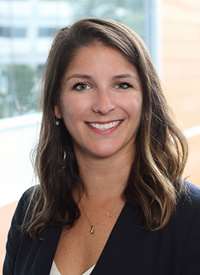
Nicole Fumo, MPH
Research Program Director
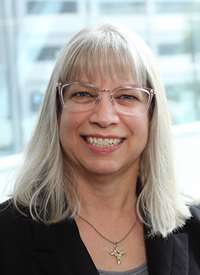
Janice Hinze
Education Program Coordinator III
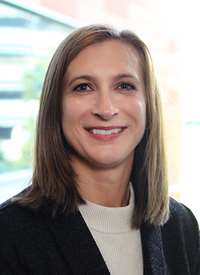
Erin Walcheske
Unit Education Manager
Contact Us
Questions? We would love to hear from you.
Mailing Address/Physical Location
Department of Emergency Medicine
Medical College of Wisconsin
Hub for Collaborative Medicine
8701 Watertown Plank Rd.
Milwaukee, WI 53226
Fellowship Coordinator
Janice Hinze
_emfellowships@mcw.edu
Administrative Office
(414) 955-6450
(414) 955-0082 (fax)
